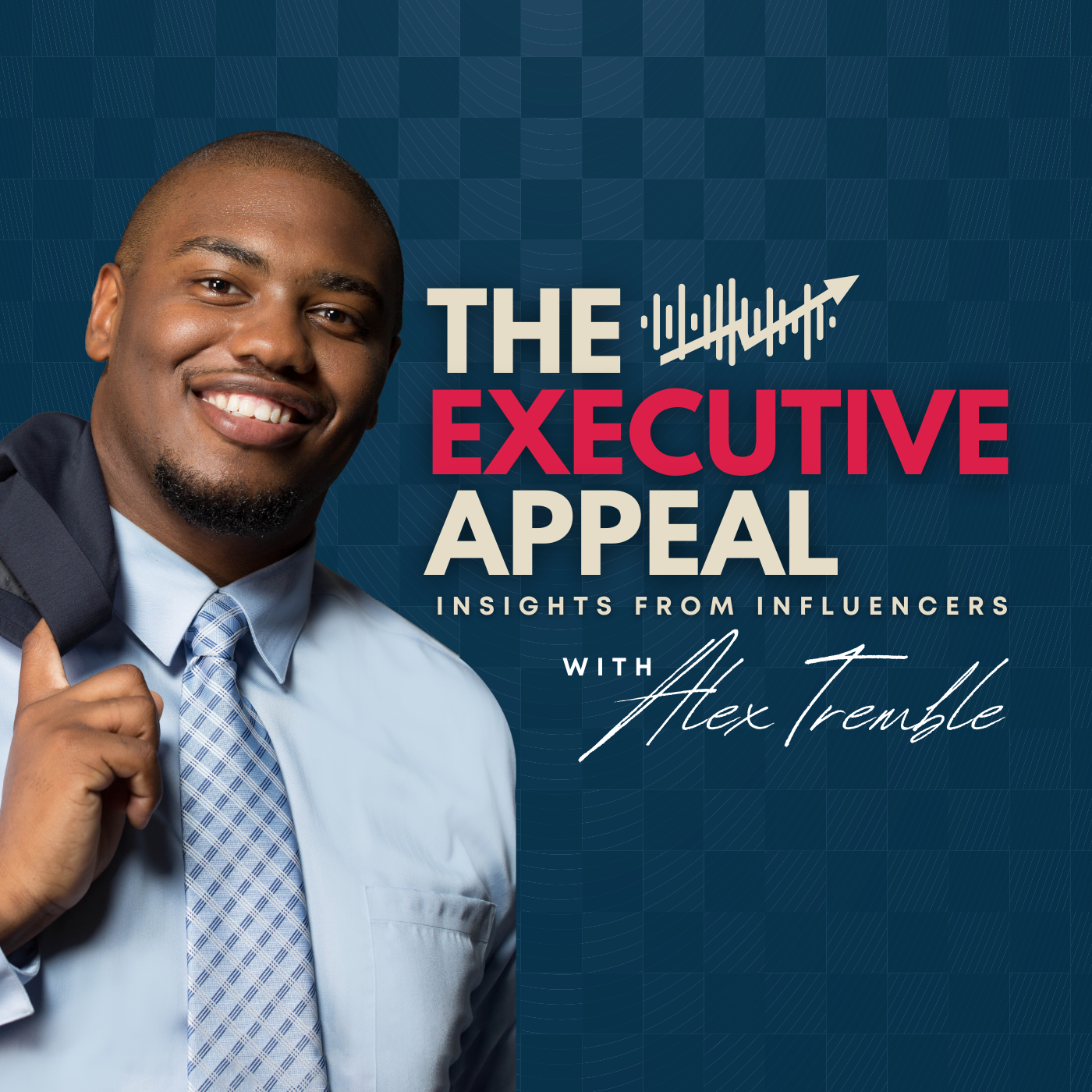Episode 93
Ep 93: How the internet and ChatGPT will cause the rise or fall of our society with Julie Owono
It's no surprise that ChatGTP is trending, but will it and the internet cause the rise or fall of society? Guest Julie Owono shares her insight on this valuable topic.
Julie Owono is the Executive Director of Internet Sans Frontières (Internet Without Borders), an inaugural member of the Facebook Oversight Board, and the Executive Director of the Content Policy & Society Lab, a project of the Progam on Democracy and the Internet at Stanford University. At the intersection of Business and Human Rights, her work focuses on creating channels of collaboration between different set of actors of the Internet. She is particularly interested in finding policy and technical solutions to foster collaborations for a better content moderation on online platforms. Julie is an Affiliate of the Berkman Kleine Center on Internet and Society at Harvard University, a member of the Global Partnership on AI (AI) created by France and Canada, of the World Economic Forum’s Global Future Council on AI for Humanity, of the WEF Council on the Connected World. She was also a member of UNESCO’s Ad Hoc Expert Group (AHEG) for the Recommendation on the Ethics of Artificial Intelligence, a Member of the World Benchmarking Alliance’s Expert Committee on Digital Inclusion, and a Civil Society member of the Global Network Initiative’s Board. Julie graduated in International Law from La Sorbonne University in Paris, and practiced as a lawyer at the Paris Bar.
MAIN TAKEAWAYS:
- Julie Owono has been defending freedom of expression for many years, especially so women of color can use the space to express themselves and their rights to dignity.
- When advocating for the right to speak online, how do you navigate misinformation and hate speech on the internet versus freedom of speech? Alex asks.
- The purpose of the internet is to be a space where no government or company can stop us from expressing ourselves, but in 2016 it was recognized as needing some kind of intermediary intervention to make sure this space of expression doesn’t harm security & other values we care about, Julie responds.
- Julie, a Cameroon native, lived in Russia as a “visible minority,” and as a teen faced Neo-Nazis while in the park with friends. They talked to two to three Nazis who at first wanted to attack them. They were all just 15 years old. One of the Neo-Nazis said his favorite singer was Whitney Houston, a Black singer who looked like her. An important interchange occurred between the Black teens and Nazis teens that created dialogue about racism.
- It’s important to be confronted with things you don’t agree with to educate and be educated. This must be done in a non-harmful way and dialogue should always prevail.
- It can be exhausting to fight against propaganda and misinformation especially when some are backed by the governments. At times, the internet and social media is used to influence government policy. Platforms will be weaponized and companies have to be proactive to keep spaces safe, Julie said.
- People weaponize by stealing identities and creating deep fakes using AI. From comedians having Twitter accounts created in their name to presidents who were sick giving a speech the next day…there have been times when platforms have been misused.
- Metaverse can be exciting by breaking the physical barrier and giving youth and others learning opportunities beyond their reach
- While technology can fix lots of problems, it may need guardrails, Alex said. We can’t look for technology to solve our social problems.
- It’s not the AI we worry about, it’s the creators. Who creates the AI and with what are they instilling it with.


